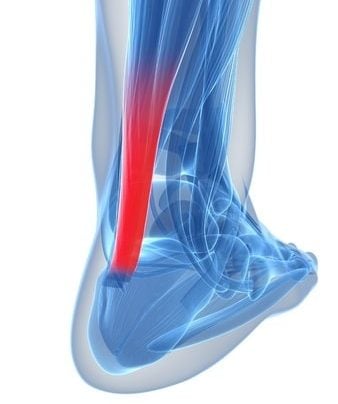
The Achilles tendon is the largest tendon in the body. Achilles tendon pain due to achilles tendonitis is very common in runners or athletes. Many might also notice a painful lump on their achilles tendon. This is particularly common in those of you who have recently ramped up their training schedules. Achilles tendon pain can bring more than mythical warriors to their knees. This 50 something very active doctor/runner/cyclist can attest to that!
Achilles tendon pain can vary from mild to brutal. The pain is usually worse when you first wake up. Your achilles will feel tight and you might notice a painful nodule on the tendon too. Runners will often find that their first mile is painful, but after that the tendon might loosen up and the pain will diminish. Achilles tendon pain from tendonitis is usually located an inch or two above your heal. At times there is an area of swelling noted and that little grape sized lump or nodule can cause very severe pain when touched.

The most common causes of achilles tendon pain are:
- Achilles Tendinosis
- Achilles Tendinitis
- Achilles Tendon Ruptures
Achilles Tendinosis
The most common cause of achilles related pain is achilles tendinosis (formerly called tendonitis). Tendinosis implies that the tendon is degenerating. It is wearing out like your favorite pair of blue jeans. We are not sure why achilles tendinosis occurs… but it is far more common in runners and recreational athletes. We are also not sure why it hurts so much since it is not an inflammatory condition. Many researchers believe that the pain is due to nerve growth which accompanies the degeneration of the tendon. Most of you will have achilles pain and stiffness when you wake up. All of you will have pain if you squeeze the tendon. Some of you might develop a nodule or lump that you can feel within the tendon.
Most runners or athletes who are training might notice that their tendon pain began a day or two after a hard training session. Many will notice pain in the achilles if they change their training schedule abruptly. Many contemporary tendon researchers believe that achilles tendinopathy represents a training error — e.g.- ramping up cadence, pace or distance too quickly.
Treatment for Achilles Tendinosis includes:
- Activity modification … you don’t have to stop, but consider cross training and decreasing your cadence, duration and speed.
- Proper, well fitting running shoes
- moist heat… heat is usually better for tendinosis pain than ice. Heat can help you before you stretch your tendon.
- Eccentric stretches. Here is a useful video.
- NSAIDs or anti-inflammatory medications should likely be avoided. This is NOT an inflammatory condition… and NSAIDs can impair healing. If you need to take something because of pain, try plain Tylenol instead.
Many people ask about PRP injections … Sure, you can find a physician to inject PRP anywhere you like — but unfortunately, my own personal experience, and the scientific literature shows that PRP injections are not very useful in treating achilles tendinosis.
Achilles Tendon Pain and Tendonitis:
Achilles tendinitis is far less common than achilles tendinosis. Chronic repetitive stress is the most common cause of Achilles tendinitis. Many athletes might notice achilles pain as a result of simply pushing themselves too far, too hard and too fast. The usual case is a runner or athlete who usually exercises for 20 minutes and then does 60 minutes on a treadmill or the road. Or the runner who took 3 weeks off and then tried to return to running at their usual pace and distance. Your body deconditions rapidly. Two weeks off is enough time for you to lose 15% of your cardiac capacity, etc. That means that if you take time off, build your base again before getting back into your pre-rest routine.
Achilles tendinitis is usually self limiting and resolves within a few weeks with:
Do you have questions regarding an Orthopedic injury or longevity?
Do you want to talk to an expert who can listen to you for 45-60 minutes and explain the options in detail?
Dr. Howard Luks offers remote guidance sessions to review your X-ray or MRI images and explain your options.
Dr. Luks has also received hundreds of requests for educational sessions on the topics discussed in his book, Longevity Simplified.
- Activity modification
- A short course of NSAIDs
- Routine stretching
- Moist heat … remember, most recent literature shows that ice isn’t helpful.
- Proper shoewear
Achilles Tendon Tears
Achilles Tendon ruptures are usually a fairly easy diagnosis to make. Achilles tears most often occur in men, 35-50. The story is almost always the same. You went to push off quickly while playing basekball or tennis and you felt a horrible snap. Inevitably you turn around looking for the person who just hit you and realize that you cannot walk. Most achilles tendon ruptures occur without any advance notice. The video below is a discussion about the treatment options available for achilles tendon tears.
If you feel a loud snap and think that someone just shot you in your leg, you have likley torn your achilles. I would call your local orthopedist to explore your options.

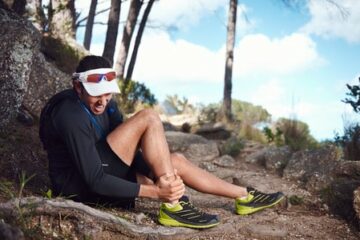
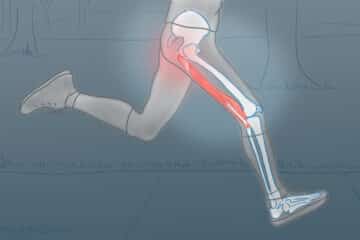
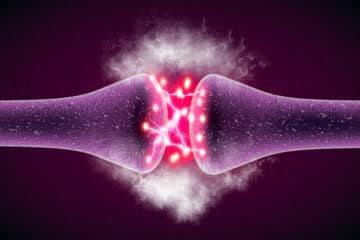
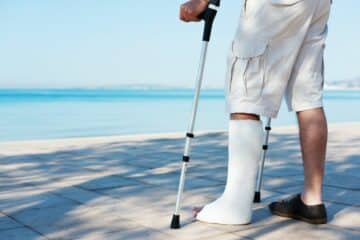






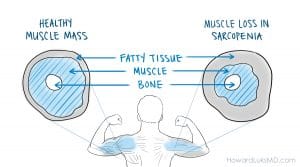

Sarah darden
I am 67 and have not engaged in revise or any thing more strenuous than walking from point A to Z. So why and how do I end up with all the symptoms of Achilles tendinitis?
great question … sometimes we do not know. Achilles tendinosis can affect anyone.